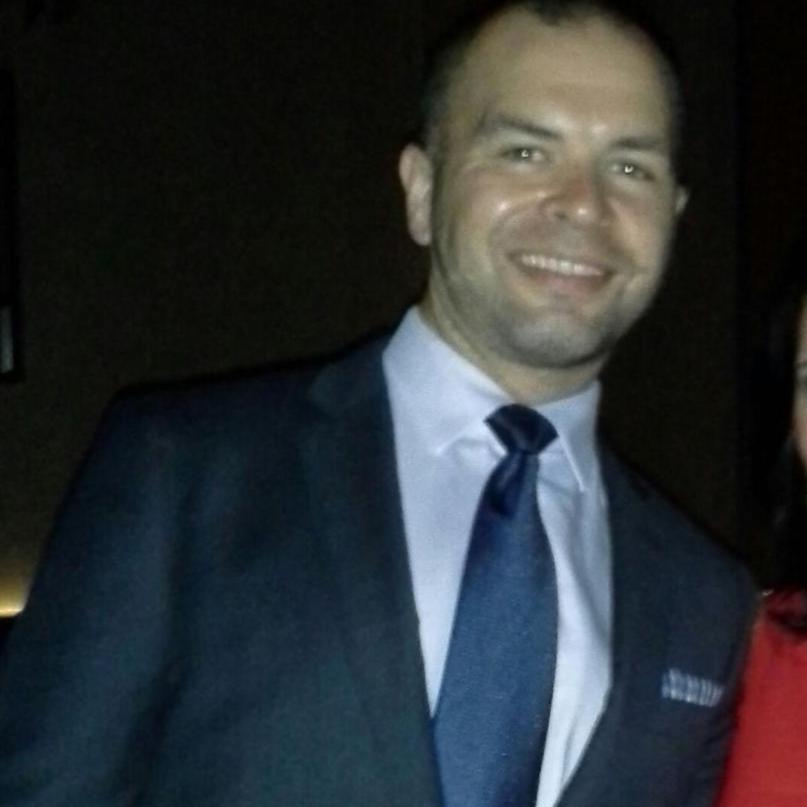Patrick Berzai was recently appointed as Brafton’s Director of Strategy, a newly established role designed to nurture Brafton’s maturing content strategies.
As Brafton’s former Director of Account Management, Patrick has had the opportunity to be engaged in high level strategies where creating winning strategies meant winning contracts. In his new, primarily strategic role, Patrick will have the opportunity to teach and support a growing team while still maintaining ongoing relationships with clients and campaigns.
Here’s a look at Patrick’s goals, advice, and where he finds his content marketing inspiration:
Q: What are some of your priorities as Brafton’s new Director of Strategy?
My main goal is to elevate the level of consultancy and cohesion of the content offerings we yield to clients. The web is an ever-changing entity. Great companies are charged with riding the waves of their industry. The best companies manage to make a few waves of their own!
“We seek to build a culture of learning and creativity with all of our teams. All of this is essential for us to stay on the vanguard of content marketing.”
Q: Tell me a little bit about the process of creating (or revamping) unique strategies.
You always want to look at the data, first, and not only the analytical data. You want to know how your potential clients already use the entire web: Gather the facts about their common devices, sites, media, locations and online intentions. In today’s search and social world, you cannot count all the possible ways that a prospect may come into contact with your brand, but you DO have to be ready for them all!
For instance, for a search marketing campaign, strategists want to understand what influences potential customers to align with a brand. Their prior preferences, beliefs, and experiences combined with information they receive from marketers and the growing online input from other people or information services (like user reviews) informs their complete outlook on the market. Co-opting all of these behaviors and preferences is essential for a 360-degree view.
Making a matrix of all of these factors is usually the most rational way to attract new business with your message. We live in an age of consumers, so orienting your brand and message around them is the best thing to do.
Q: What’s some of the most counter-intuitive marketing advice you’ve given that’s driven client success?
I am not a big proponent of “Content is King” like many other content marketers. I believe that “Customer is King,”or even “Conversation is King”
Well, I am not a big proponent of “Content is King” like many other content marketers. I believe that “Customer is King,”or even “Conversation is King” and the content should be subservient to that. “Content is (actually) Conduit.” Perhaps we can say “Content is Key”
As a champion of context marketing as the next wave of content marketing, we try to get brands to analyze the social chatter, natural language, topics of conversation, etc., to create conversational content that matches the true wants and needs of their potential consumers. This approach consistently helps customers achieve better search engine results, among other things.
Q. Where are some good sources for marketing inspiration?
I learn (and learn to predict) a lot by reading the work on philosophy of language by obscure 20th century philosopher, Ludwig Wittgenstein. His early belief about how language is structured to explain the world around us like facts evolved into his later belief that language is a game with a set of rules, which is meant to understand “meaning” or how words relate to each other. I think this mirrors the same trajectory that Google is taking with its search engine results.
Other than that, I love Think with Google, McKinsey & Co (particularly David Edelman), Jeff Bullas (social media and social content) and David Amerland (semantic web and entity search). I read a lot of forums, as well.
Want to learn more about Brafton’s content marketing strategies? Tweet us @Brafton.



